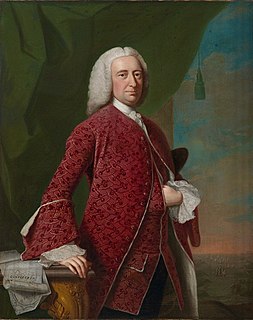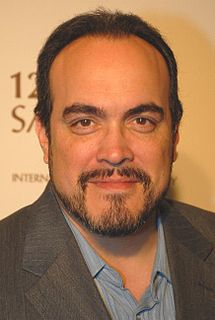A Quote by Dylan Moran
I'm very drawn to Eastern Europe, so I like a Hungarian writer who wrote in French called Emil Cioran; he was always good for giving me such a stir.
Related Quotes
There's this quote by a writer, Emil Cioran, he's a Romanian writer. He says that you should only put things in books that you would never dare to say to people in real life. So there is that feeling of acute embarrassment, or that you've been too revealing. I think it's some kind of survival mechanism where I never think of the reader, ever. Because then I would start censoring myself.
One of my proudest achievements is that when an authoritative book about Hungarian literature came out about a decade ago, there was a little article about me which said I was a Hungarian writer but pretending not to be. Bearing in mind I can hardly write a cheque in Hungarian, I was delighted to be included in the pantheon of Hungarian writers.
When I was fifteen I wrote seven hundred pages of an incredibly bad novel - it's a very funny book I still like a lot. Then, when I was nineteen I wrote a couple hundred pages of another novel, which wasn't very good either. I was still determined to be a writer. And since I was a writer, and here I was twenty-nine years old and I wasn't a very good poet and I wasn't a very good novelist, I thought I would try writing a play, which seems to have worked out a little better.
I would eventually leave the business in 1999 to work full-time as a writer, but during the previous decade, I would advise French businessmen on how to succeed in Germany; tell Americans what to do in Eastern Europe; show the Spanish how to become more like the Americans. I spent one particularly haunting year advising bankers in Mexico.
As I wrote Working toward Whiteness, I came to see one historic task on the New Deal - and one in which it succeeded - as the fostering of fuller U.S. citizenship among immigrants from southern and eastern Europe and their kids. But this very achievement separated poorer and often despised immigrant workers from Europe and workers of color in unprecedented ways.
In 1494, King Charles VIII of France invaded Italy. Within months, his army collapsed and fled. It was routed not by the Italian army but by a microbe. A mysterious new disease spread through sex killed many of Charles’s soldiers and left survivors weak and disfigured. French soldiers spread the disease across much of Europe, and then it moved into Africa and Asia. Many called it the French disease. The French called it the Italian disease. Arabs called it the Christian disease. Today, it is called syphilis.
In the '30s and '40s, the search for Hungarian national identity led famously to an alliance with Hitler and the destruction of more than a half million of the nation's Jews. And here we are now, more than 70 years later, witnessing a resurgence of xenophobia and authoritarianism, and not just in Eastern Europe.
I was writing at a really young age, but it took me a long time to be brave enough to become a published writer, or to try to become a published writer. It's a very public way to fail. And I was kind of scared, so I started out as a ghost writer, and I wrote for other series, like Disney 'Aladdin' and 'Sweet Valley' and books like that.
Seine et Danube was launched in 2003 with the help of Romanian authorities who had finally realized the necessity of promoting literature and Romanian culture in general. Along with focusing on the literature of the countries the Danube traversed (with an emphasis on Romania), we printed work that interested us from the banks of the Seine: French and French-Romanian authors like Cioran and Fondane. We dedicated our last edition to surrealism and Esthetic Onirisme.


































